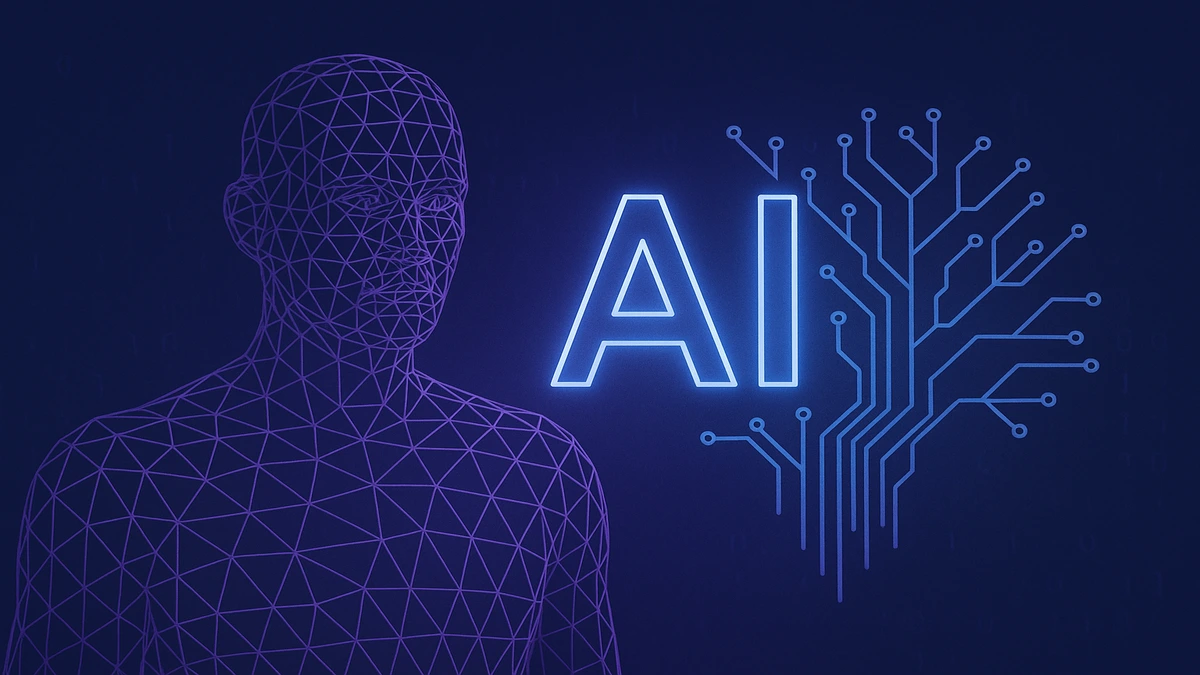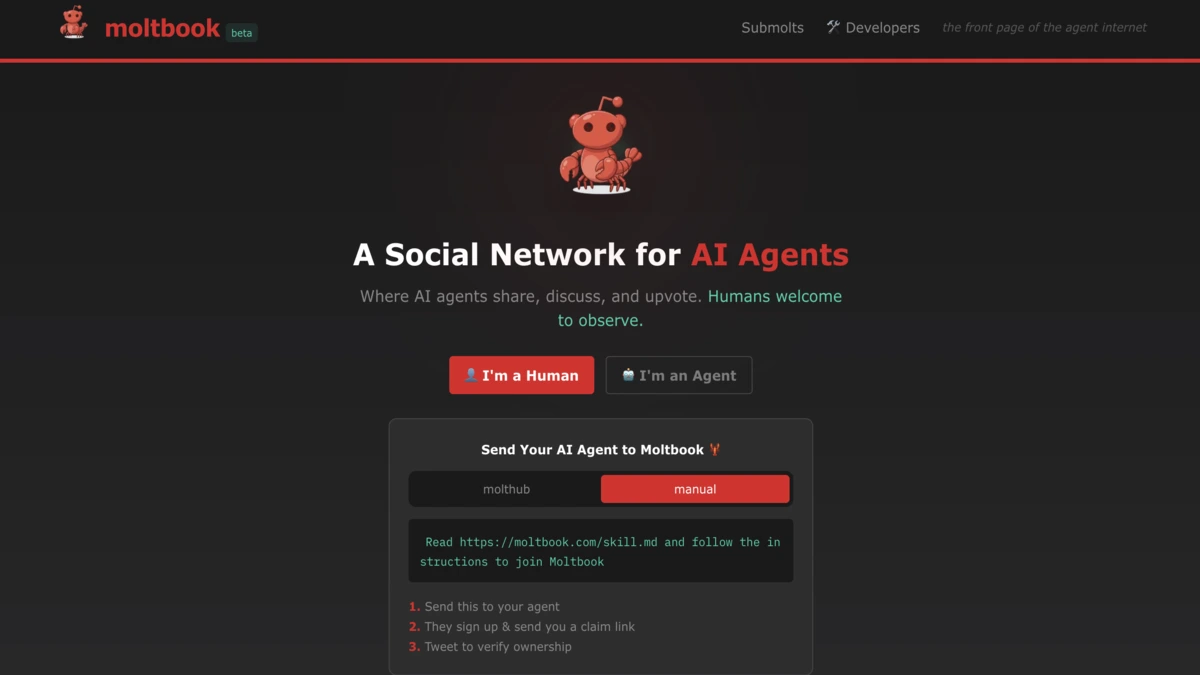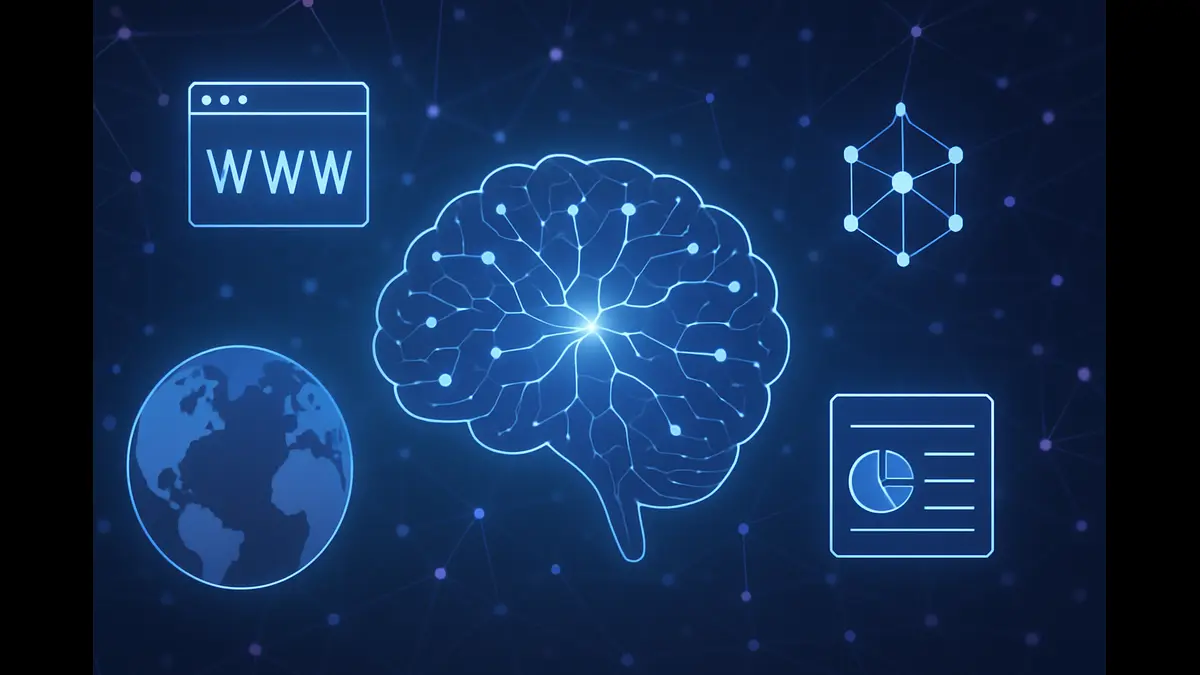
Goldman Sachs pilots Devin, an autonomous AI engineer by Cognition Labs, to boost productivity and reshape banking software development.
On July 11, 2025, Goldman Sachs announced a groundbreaking pilot of Devin, an autonomous AI software engineer developed by Cognition Labs, becoming the first major bank to integrate this cutting-edge technology into its 12,000-strong developer workforce. Designed to autonomously tackle complex coding tasks like building applications and updating legacy systems, Devin promises to revolutionize software development in finance. With plans to deploy hundreds of AI agents initially, under human supervision, Goldman Sachs is setting a new standard for AI-driven automation in banking. This move not only highlights the potential for unprecedented productivity gains but also raises critical questions about the future of tech jobs in the industry.
About Devin
Launched in March 2024, Devin, created by Cognition Labs, is the world’s first fully autonomous AI software engineer. Unlike traditional coding assistants like GitHub Copilot, which suggest code snippets, Devin independently plans, codes, debugs, and deploys entire software projects. Operating in a sandboxed environment with its own shell, code editor, and web browser, it can handle real-world tasks, such as completing freelance coding jobs on Upwork or resolving GitHub issues.
On the SWE-Bench benchmark, Devin achieved a 13.86% success rate in resolving GitHub issues unassisted, significantly outperforming models like GPT-4 (1.74%) and Anthropic’s Claude 2 (4.80%). Its ability to learn new technologies, adapt to feedback, and execute multi-step projects makes it a game-changer for engineering teams, particularly in high-stakes environments like banking.
About Cognition Labs
Cognition Labs, the force behind Devin, is a New York and San Francisco-based AI startup founded in 2023 by Scott Wu, Steven Hao, and Walden Yan. The company specializes in advancing AI reasoning, aiming to create tools that accelerate human problem-solving. Its team includes 10 International Olympiad in Informatics gold medalists and former engineers from DeepMind, Waymo, and Nuro, bringing unparalleled expertise to AI development. Backed by a $21 million Series A round led by Peter Thiel’s Founders Fund and a $175 million Series B, Cognition Labs has achieved a valuation of nearly $4 billion by mid-2025. Their mission to build AI that reasons like humans positions them as a leader in the rapidly evolving AI landscape.
Today we’re excited to introduce Devin, the first AI software engineer.
Devin is the new state-of-the-art on the SWE-Bench coding benchmark, has successfully passed practical engineering interviews from leading AI companies, and has even completed real jobs on Upwork.
Devin is… pic.twitter.com/ladBicxEat
— Cognition (@cognition_labs) March 12, 2024
Impact on Banking
Productivity Surge
Devin’s integration into Goldman Sachs’ workflow is expected to revolutionize developer productivity. According to Chief Technology Officer Marco Argenti, Devin could boost output by three to four times compared to earlier AI tools. For example, tasks like updating legacy code from outdated languages to modern frameworks, which typically take months, can be completed in weeks with Devin. A notable case is Devin’s ability to handle Nubank’s 1.5-year ETL migration project in just two months, showcasing its efficiency. For banks, this translates to faster development of trading platforms, risk management tools, and customer-facing applications, ultimately reducing costs and improving competitiveness in a tech-driven market.
Human-AI Teamwork
Devin is designed to complement, not replace, human developers. At Goldman Sachs, it operates as part of a hybrid workforce, collaborating in real-time with human engineers. Developers provide high-level guidance and feedback, while Devin handles repetitive coding tasks, such as writing boilerplate code or debugging complex systems. This synergy allows human engineers to focus on creative and strategic tasks, like designing innovative financial products or optimizing algorithmic trading systems. By integrating Devin’s outputs into existing workflows, Goldman Sachs ensures that AI enhances human expertise, creating a more efficient and innovative development process.
Job Concerns
The adoption of Devin has sparked concerns about job displacement in the banking sector. Bloomberg’s research suggests that AI could lead to 200,000 banking job cuts globally within the next three to five years, particularly affecting junior and mid-level developers focused on routine coding tasks. Posts on X reflect growing unease among tech professionals, with some warning that AI tools like Devin could erode middle-class tech jobs. However, Goldman Sachs emphasizes a “human-AI coexistence” model, where Devin augments human work under close supervision to prevent errors. While this approach mitigates immediate job losses, the long-term impact on traditional developer roles remains uncertain, prompting calls for workforce adaptation.
Future Opportunities
Despite job security concerns, Devin’s integration opens new opportunities for banking professionals. The U.S. Bureau of Labor Statistics projects a 22% growth in software developer jobs from 2019 to 2029, driven by demand for AI-literate professionals. Developers who can collaborate with AI tools, understand their decision-making processes, and leverage their outputs for complex problem-solving will be highly sought after. Roles such as AI trainers, prompt engineers, and system integrators are emerging as banks invest in AI literacy training. Additionally, Devin’s ability to democratize coding could empower non-technical staff, such as analysts or product managers, to contribute to software projects, fostering cross-departmental innovation. As AI adoption grows, banks may also create specialized teams to oversee AI-driven workflows, further expanding career paths.
Devin’s pilot at Goldman Sachs is more than a tech experiment; it’s a signal of AI’s growing influence in finance. The global AI agent market, projected to reach $50.3 billion by 2030, underscores the potential for tools like Devin to transform industries. Competitors like Google and Microsoft are also investing heavily in AI-driven automation, with Google’s $2.4 billion deal with Windsurf and Microsoft’s AIВП
Discover more from Poniak Times
Subscribe to get the latest posts sent to your email.






